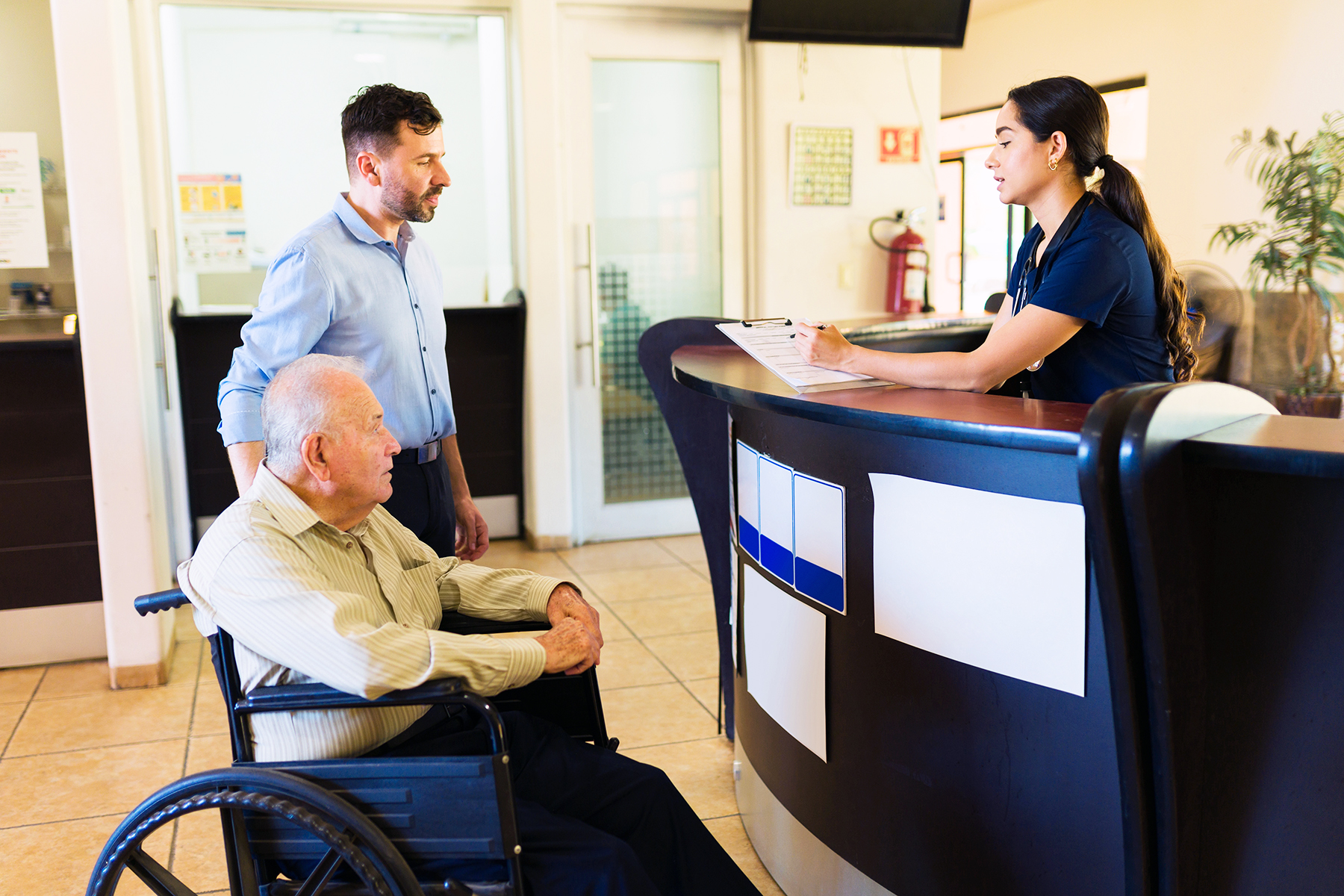
Medication administration is a vital care component in assisted living facilities. To ensure residents receive their medications safely and on time, many facilities delegate this responsibility to unlicensed personnel (ULP). When done properly, delegation supports care continuity, efficiency, and resident well-being. However, improper delegation can lead to errors, non-compliance, and potential harm.
Why Proper Delegation Matters
Delegating medication administration to unlicensed staff must be carried out carefully and responsibly. It is the registered nurse’s (RN) duty to ensure the delegation process meets these essential conditions:
> Training and Competency: RNs must train ULPs in medication administration and verify their
competency.
> Written Instructions: RNs should provide clear, written instructions tailored to each resident.
> Individualized Communication: RNs must communicate specific needs and considerations for each
resident to ULPs.
Common Delegation Issues Found in Recent Surveys
Minnesota Department of Health (MDH) surveys have identified recurring issues with medication administration delegation such as:
> Lack of RN-led training or competency testing before ULPs began administeringmedications.
> Failure to specify administration details, such as the site for insulin injections or patch placement.
> Improper practices, such as crushing medications without prescriber guidance or mixing them in
applesauce without an order.
> Failure to follow manufacturer instructions for inhalers and insulin pens.
These findings emphasize the need for oversight, clarity, and ongoing monitoring in medication delegation practices.
Strategies for Safe and Effective Medication Delegation
To ensure compliance and resident safety, providers should adopt the following best practices:
> The RN must train all unlicensed staff in proper medication techniques and verify their competency
before any delegation occurs.
> RN instructions should be clear, detailed, and written, including location for patches and insulin
injections, as well as instructions related to use of the product such as rinsing mouth after inhaler
use, and proper preparation of insulin pens.
> In addition to general training, ULPs should receive guidance tailored to each resident’s needs and
medication regimen.
> Regularly audit training records and resident files to ensure all delegated staff are properly trained,
tested, and supervised.
> RNs should observe medication administration regularly to ensure compliance and intervene when
procedures are performed incorrectly.
Delegating medication administration to ULPs is practical and necessary in assisted living, but it requires strong RN leadership, clear communication, and consistent oversight. This ensures resident safety, supports staff, and meets regulatory expectations.
Julie Dietz, RN
Chief Clinical Officer
For more information contact
consult@srcaresolutions.net






















